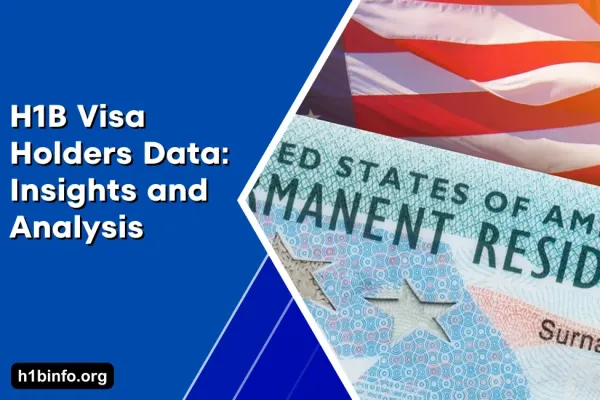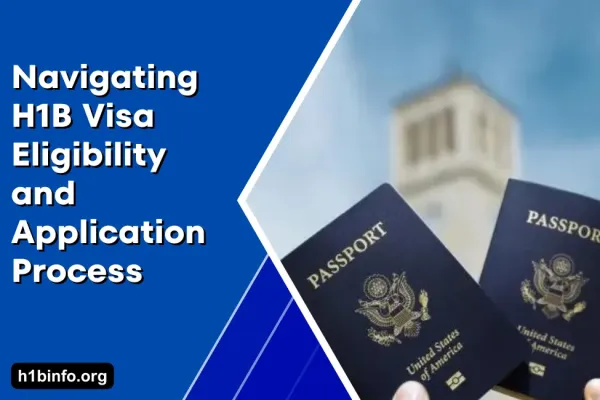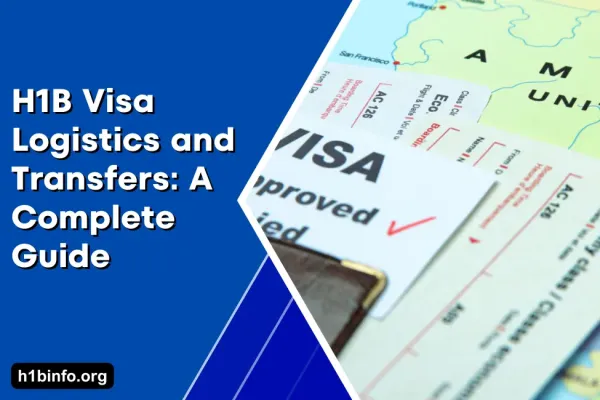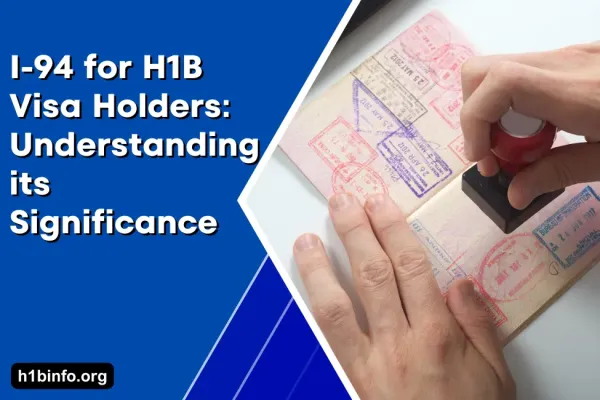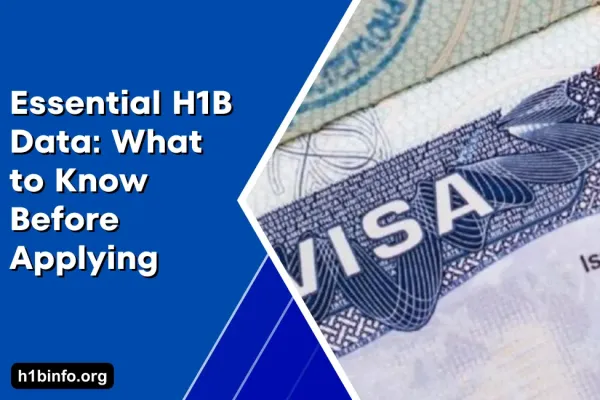The H1B visa program has played a crucial role in facilitating immigration to the United States for many years. It provides a valuable opportunity for American employers to hire foreign workers with specialized skills for a limited period. Despite facing criticism and controversies throughout its history, the H1B visa program continues to hold great significance within the broader scope of the American immigration system.
H1B Visa Holders
Valuable insights can be gained from demographic information regarding recipients of H1B visas, shedding light on the program's diversity. According to data provided by the USCIS, a majority of individuals holding H1B visas are male, constituting over 70% of all visa holders. The data also reveals that the majority of H1B visa recipients fall within the age range of 25 to 34, with a median age of 32.
The educational background of H1B visa recipients showcases the specialized nature of the program. Based on USCIS data, more than 60% of H1B visa holders possess a master's degree, while 18% hold a bachelor's degree. Additionally, the data demonstrates that a majority of H1B visa recipients are employed in STEM fields.
H1B Visa Employers
The H1B visa program provides American employers with the opportunity to hire highly skilled foreign workers. Recent data highlight major technology companies such as Microsoft, Google, and Amazon as the primary sponsors of H1B visas.
These visas are renowned for attracting foreign individuals with exceptional expertise. Interestingly, the data also uncovers the utilization of the H1B visa program by numerous smaller companies and startups to fulfill their specific employment needs.
The H1B visa program holds significant significance, especially within the technology industry, where skilled professionals are scarce. This program enables U.S. corporations to recruit foreign workers possessing specialized knowledge in STEM fields, thereby preserving the industry's competitive edge. Despite facing criticism, the program facilitates the hiring of foreign employees by American companies at comparatively lower wages than their American counterparts.
H1B Visa Wages
One of the most contentious aspects of the H1B visa program is around the compensation provided to H1B visa holders. As per program requirements, employers are obligated to pay H1B visa holders the prevailing wage rate for their specific occupation and location.
However, concerns have been raised about certain employers taking advantage of the program by offering H1B visa holders lower salaries than their American counterparts.
Recent data indicates that the average salary for H1B visa holders is approximately $108,000, which is below the average salary for American workers in similar positions. Nevertheless, the data also shows a consistent increase in wages earned by H1B visa holders over the years, suggesting that the program is not suppressing the wages of American workers.
Controversies
The H1B visa program has encountered numerous controversies throughout its existence. One of the primary objections to the program is its facilitation of American companies hiring foreign workers at reduced wages compared to their American counterparts. This has prompted demands for program reforms aimed at safeguarding American workers from wage suppression.
Another contentious issue associated with the H1B visa program is the prevalence of fraud and exploitation. Numerous instances have come to light where employers exploit the program by hiring foreign workers for non-specialized positions or paying H1B visa holders lower wages than American workers.
Future of the H1B Visa Program
The H1B visa program holds a vital role within the American immigration system and is expected to continue doing so. Nonetheless, there is a growing call for reforms to address the concerns and criticisms surrounding the program. The Biden administration has expressed its intention to prioritize immigration reform, and the H1B visa program will likely be a significant focus of these efforts.
